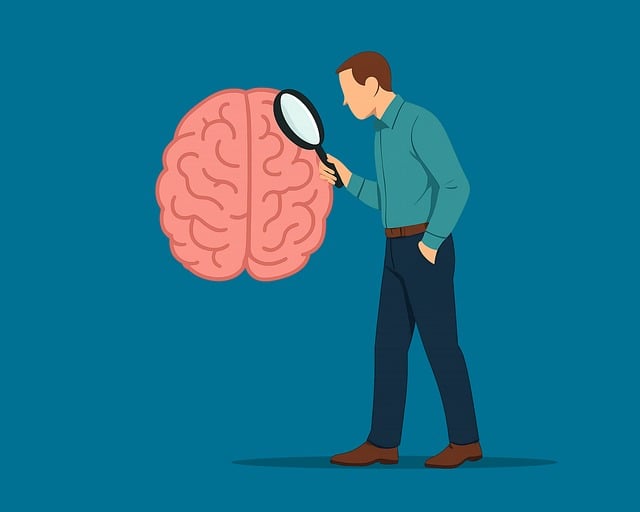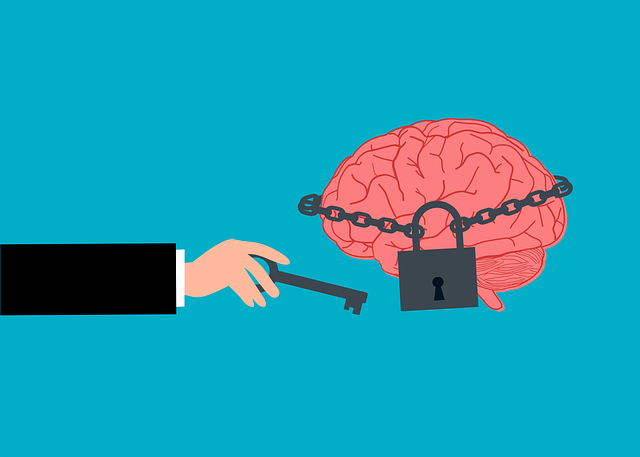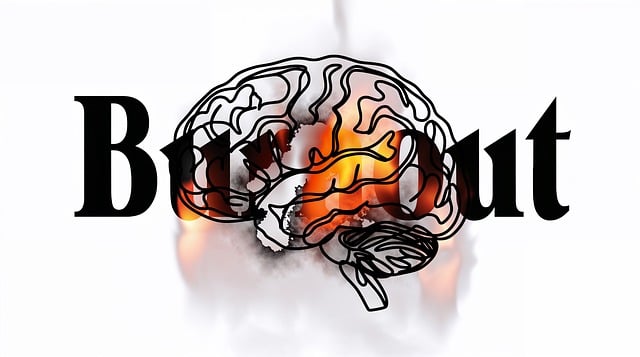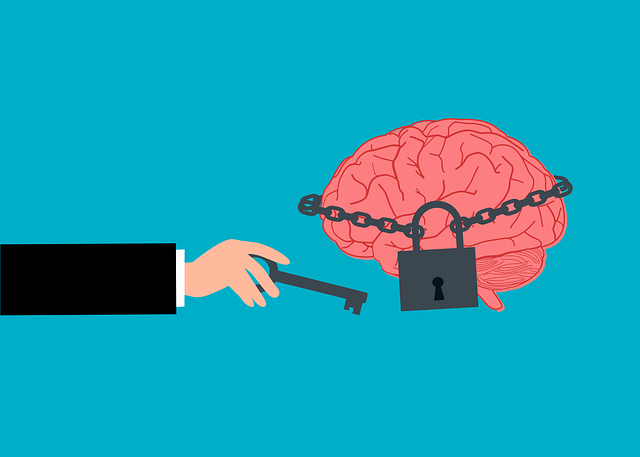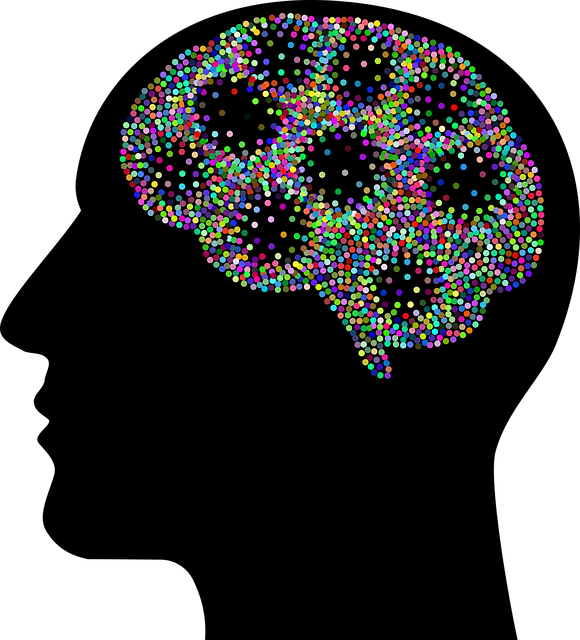Mental health advocacy initiatives, including Littleton Biofeedback Therapy, play a pivotal role in transforming public perception, empowering individuals with evidence-based techniques for mental wellness, and fostering inclusive communities that prioritize holistic well-being. This cutting-edge therapy teaches clients to manage physiological responses, reducing anxiety, depression symptoms, and promoting emotional intelligence. Through community engagement via workshops, support groups, and awareness campaigns, these initiatives enhance understanding, encourage early intervention, reduce stigma, and foster resilience within communities worldwide. Global collaborations further improve access to quality mental healthcare and promote cross-cultural empathy.
Mental health advocacy initiatives play a crucial role in fostering well-being and transforming lives. This article explores various facets of this vital work, from understanding the core principles of mental health advocacy to highlighting innovative practices like Littleton Biofeedback Therapy. We delve into community engagement strategies and examine global success stories, showcasing the profound impact these initiatives can have on an individual and societal levels.
- Understanding Mental Health Advocacy: The Role of Initiatives
- Littleton Biofeedback Therapy: A Unique Approach to Mental Well-being
- Community Engagement: Building Support Networks for Mental Health Advocacy
- Global Impact: Successful Mental Health Advocacy Initiatives Across Borders
Understanding Mental Health Advocacy: The Role of Initiatives

Mental health advocacy initiatives play a pivotal role in shaping public understanding and support for individuals facing mental health challenges. These initiatives serve as a beacon of hope, raising awareness about various aspects of mental wellness, from recognizing early signs to promoting effective treatment options. One such initiative, Littleton Biofeedback Therapy, has made significant strides in providing innovative approaches to stress management and trauma support services. By integrating evidence-based techniques like biofeedback, this therapy empowers individuals to gain emotional intelligence and develop healthier coping mechanisms.
These advocacy efforts are essential for dismantling the stigma surrounding mental health issues and fostering inclusive communities that prioritize holistic well-being. They also facilitate access to resources, ensuring that those in need receive timely and appropriate care. In today’s fast-paced world, where stress and anxiety are prevalent, initiatives like Littleton Biofeedback Therapy contribute to a broader movement of promoting mental resilience and enhancing the overall quality of life for individuals struggling with their emotional health.
Littleton Biofeedback Therapy: A Unique Approach to Mental Well-being

In the ever-evolving landscape of mental health treatment, Littleton Biofeedback Therapy stands out as a unique and innovative approach to achieving optimal well-being. This therapeutic method leverages biofeedback technology to empower individuals in managing their mental health proactively. By teaching clients how to control certain physiological processes, such as heart rate and muscle tension, biofeedback sessions help reduce symptoms of anxiety and depression, fostering better emotional intelligence and overall mood management.
Litttleton Biofeedback Therapy goes beyond traditional talk therapy by offering a hands-on, data-driven approach. Through real-time feedback during sessions, individuals gain valuable insights into their bodies’ responses to stress and triggers. This self-awareness is pivotal in preventing relapses and promoting long-term mental health stability. By embracing this game-changing technique, practitioners can help clients cultivate coping mechanisms that enhance resilience, leading to improved emotional regulation and a higher quality of life.
Community Engagement: Building Support Networks for Mental Health Advocacy

Community engagement is a powerful tool for building support networks and fostering mental health advocacy. By reaching out to local communities, organizations can create safe spaces where individuals can share their experiences, educate others about mental health, and offer peer support. This approach, often centered around Littleton Biofeedback Therapy, leverages the power of community to promote emotional well-being.
Through workshops, support groups, and awareness campaigns, advocates can utilize Mind Over Matter principles to empower individuals with effective communication strategies. These initiatives not only enhance understanding but also encourage early intervention and reduce stigma associated with seeking mental health services. By fostering open dialogue, these networks create a supportive environment that encourages resilience and recovery for all members.
Global Impact: Successful Mental Health Advocacy Initiatives Across Borders

Across borders, mental health advocacy initiatives have made significant global impacts, inspiring hope and driving positive change. From innovative programs like Littleton Biofeedback Therapy that use cutting-edge techniques to improve mood management, to educational campaigns aimed at reducing stigma, these efforts are transforming lives worldwide. Successful models include Mental Wellness Podcast Series Production, which leverages digital media to reach diverse audiences with evidence-based information on mental health.
Additionally, Healthcare Provider Cultural Competency Training has proven invaluable in fostering inclusive care environments. By equipping professionals with the knowledge and skills to understand and address the unique needs of various cultural groups, these initiatives ensure that everyone receives respectful and effective treatment. Such global collaborations not only enhance access to quality mental healthcare but also promote understanding and empathy across communities.
Mental health advocacy initiatives, from local community engagement to global efforts, play a pivotal role in fostering well-being and understanding. As highlighted by unique approaches like Littleton Biofeedback Therapy, various strategies can significantly impact mental health support. By building strong support networks, these initiatives ensure that individuals worldwide have access to resources and care. Recognizing the success of cross-border programs underscores the universal need for and effectiveness of advocacy in promoting mental health awareness and resilience.
